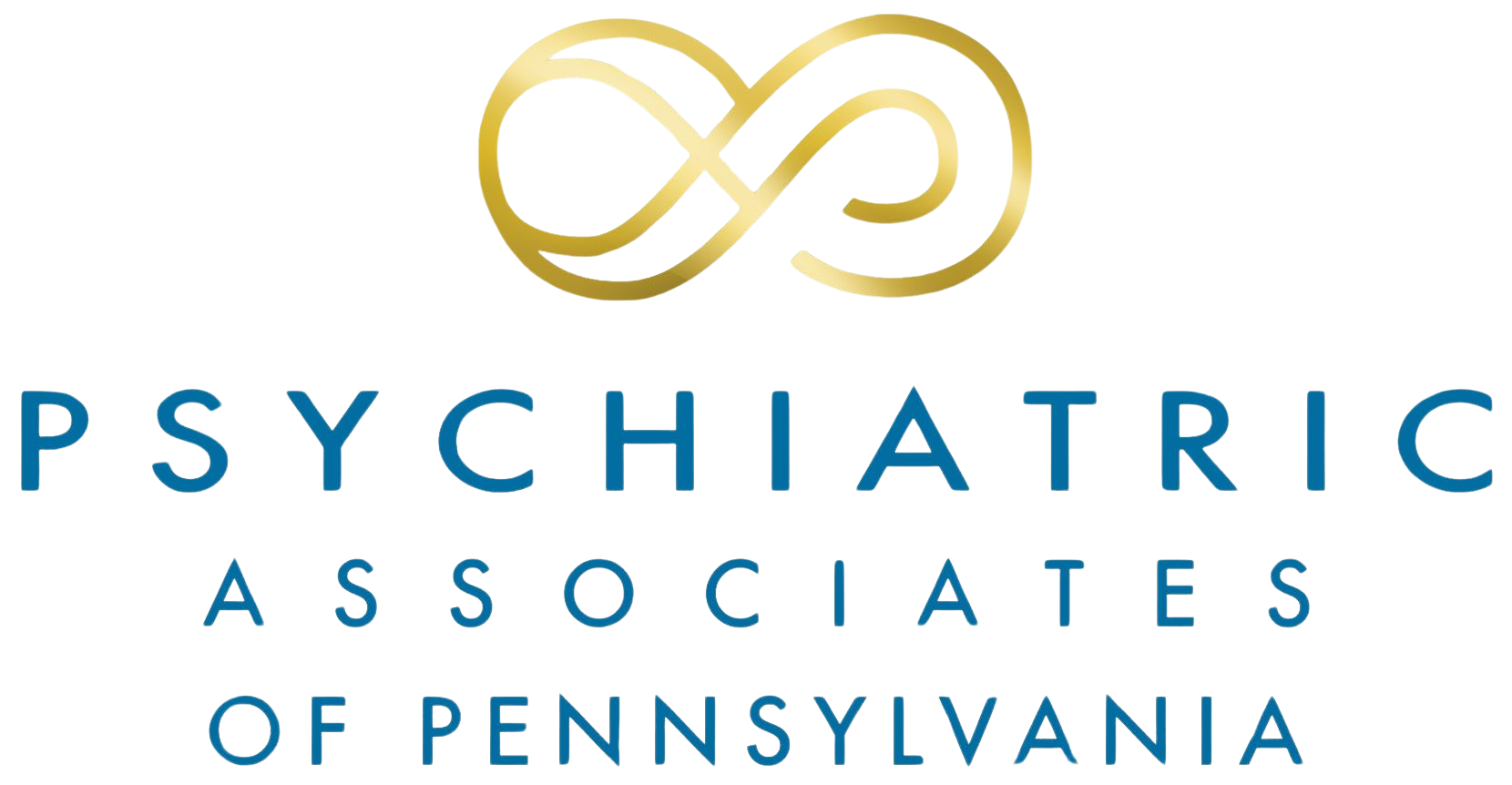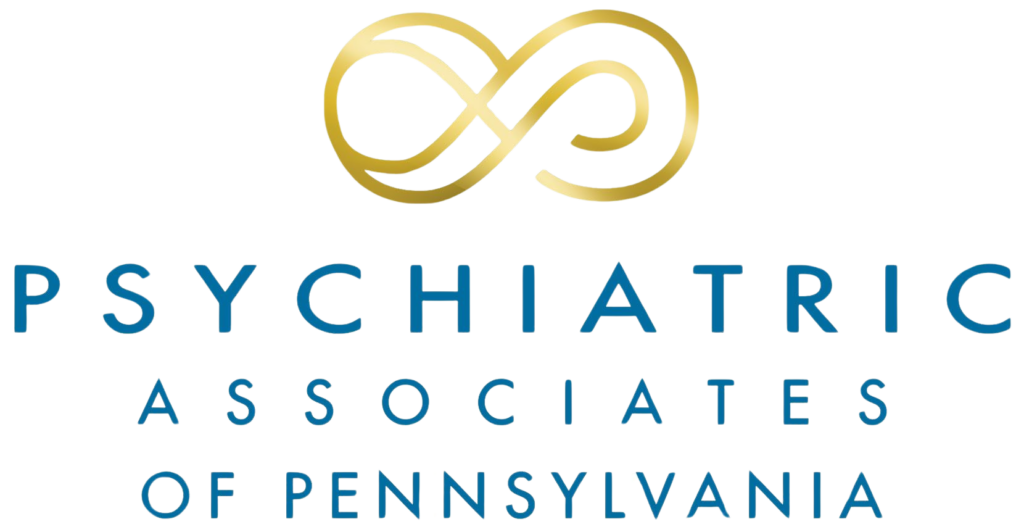What is neurofeedback?
Neurofeedback is an innovative and non-invasive technique that allows individuals to gain control over their brain activity through real-time monitoring. Neurofeedback measures brain waves and provides immediate feedback, often in the form of visual or auditory cues.
Why is neurofeedback beneficial?
This process enables individuals to learn how to regulate their brain function, which can be particularly beneficial for managing conditions such as anxiety, ADHD, and even chronic pain. Through consistent training, users can achieve improved mental clarity, emotional stability, and overall well-being, opening new avenues for therapeutic intervention and personal growth.
What does neurofeedback treat?
Neurofeedback is an effective treatment for various psychiatric conditions as it can directly train the brain to regulate its own activity. By providing real-time feedback on brainwave patterns, neurofeedback helps individuals develop greater control over their brain function, which can lead to significant improvements in mental health.
















